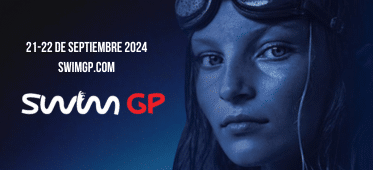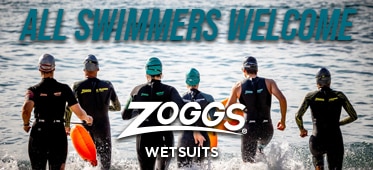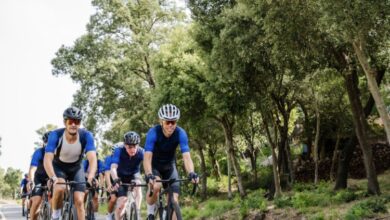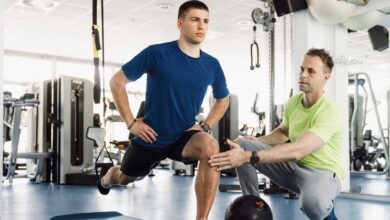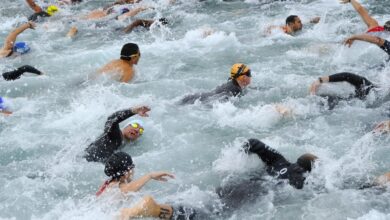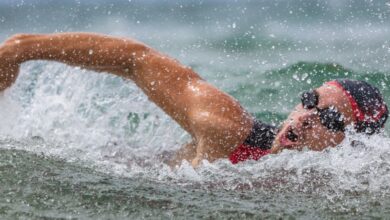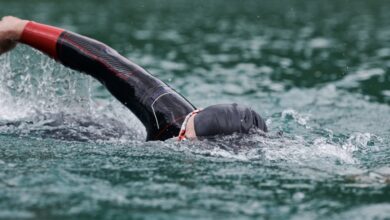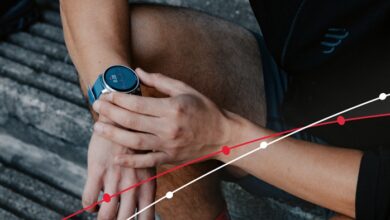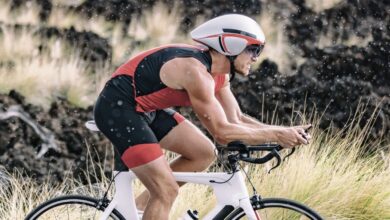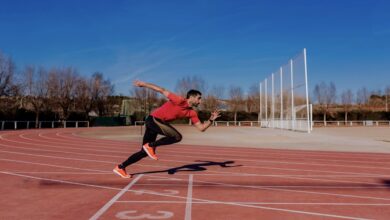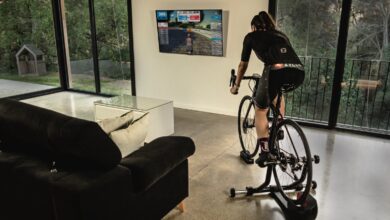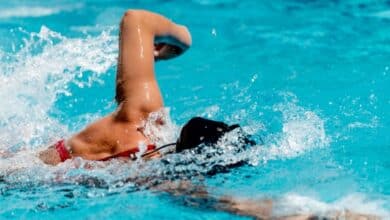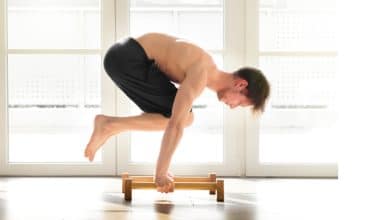Structure of a season in medium distance triathlon
In order to know and describe the different parts of a Triathlon season from the planning point of view, we must first understand the meaning of the terms
Our collaborator Personal Running tells us how to correctly plan a triathlon season.
In order to know and describe the different parts of a Triathlon season from the planning point of view, we must first understand the meaning of the following terms:
- Macrocycle: It consists of several mesocycles and must always conclude with an important objective.
- Mesocycle: its duration oscillates between 3 and 7 weeks, although the normal thing is that they are 4 and go with each calendar month. They are shorter periods of time that seek a partial adaptation and are usually called depending on what we are working on.
- Microcycle: they can vary between 3 and 15 days, although it is normal to associate it with each calendar week. They can be of different denomination, depending on how we have structured the mesocycle to which it corresponds (accumulation, loading, adjustment, impact, tuning, ...)
- Session: it is the last and most detailed expression of what we are looking for, since in it the contents that we will use as a tool to achieve the proposed objectives are translated and reflected on paper.
Once this brief summary was made, we could proceed to describe what would be a type planning focused on a triathlon season.
As we have said, each macrocycle must conclude with an important objective, so that generally a season can be composed of 2 and 4 macrocycles. Its form and duration can vary depending on the place that each one occupies within it.
Each of these macrocycles, in a general way, could be composed of the following phases:
- General or General Physical Conditioning.
- Specific.
- Tuning / tuning.
- Competition.
- Adjustment.
We would always be talking about we would progress from the general to the specific, where the contents corresponding to each one of the phases vary their nature from that which tries to provide the athlete with a good base, both aerobic, technical, and structural, etc. to contents that are more focused on empowering him to arrive in the best conditions to the competition working on rhythms and intensities that this requires, aiming ever more fine.
As a general rule, a first objective proposed in our calendar will have some more durable initial phases or more "widened" in our planning, since they suppose the base and the first foundations of what will come later. As we move forward in the calendar and we meet objectives, also generally we could say that each time the initial phases are being shorter or "narrow", making less emphasis on them than in the following ones, since we already dedicate in their moment enough for certain parameters and components of the training are sufficiently entrenched so that with a touch is enough without focusing or stopping too much.
Let's explain this with a practical example of a triathlete who has two objectives marked in his planning and therefore 2 well differentiated macrocycles:
OBJECTIVE: a Half Ironman in May and another in September.
MACROCICLO 1:
- GENERAL PERIOD: October - November - December / January
- SPECIFIC PERIOD: January / February - February - March
- SETTING UP: April - April / May
- COMPETITION: May
- ADJUSTMENT: May / June
MACROCICLO 2:
- GENERAL PERIOD: June / July
- SPECIFIC PERIOD: July - August
- SETTING UP: August / September
- COMPETITION: September
- ADJUSTMENT: October
As we see the phases are flattened, especially the initial and more general, since as the season progresses everything is specified.
Hopefully with this vision in general you can at least serve to make you an idea of how a season is composed in its different phases.
Greetings to all and we wait for you in PERSONAL RUNNING !!
Further information: http://personalrunning.com/
Photo: Personal Running
There are no previous results.


